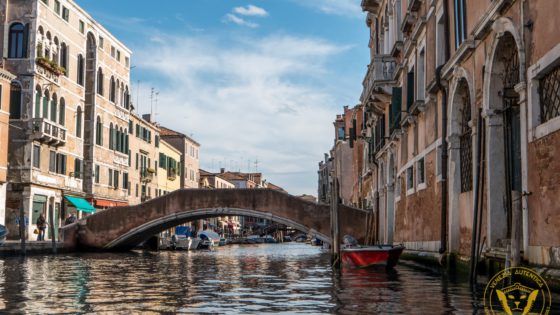Venice Carnival, the first and one of the most famous Carnivals in the world
Venice Carnival is a celebration of beauty, grace, and mystery. With its elaborate masks, stunning costumes, and vibrant colors, this annual event has captured the hearts and imaginations of people for centuries.
But what is the history behind this iconic festival? How did it come to be such an important part of Venetian culture?
In this article, we will delve deep into the fascinating and colorful history of Venice Carnival, unmasking its mysteries and revealing the secrets behind its enduring appeal.
From its humble origins to its status as one of the most famous carnivals in the world, we will take you on a journey through time to uncover the fascinating stories and legends that have shaped this magical event.
So, get ready to discover the hidden treasures and enchanting tales that make Venice Carnival a must-see experience.
The Origins of Venice Carnival
Understanding the origins of the Carnival of Venice isn’t an easy task. Indeed, no scholar succeeded in firmly establishing the history of the most iconic festival of the city of Venice.
Nonetheless, the origins of the Venice Carnival can be traced back to the 11th century Venice.
At that time, the citizens of Venice would celebrate the end of the winter season with a street party known as the “Carnevale di Venezia.” This festival was a time for people to let loose and enjoy themselves before the Lenten season, a Christian celebration before Easter commemorating the 40 days Jesus Christ spent fasting.
As time passed, the festival became more elaborate and sophisticated, the aristocracy of Venice began to participate in the celebrations, and masquerade balls became a popular way to celebrate.
Wearing masks during Carnival allowed people to let go of their inhibitions and social constraints because the anonymity provided by the masks allowed people to mingle with others from different social classes and engage in behaviour that would have been frowned upon during the rest of the year.
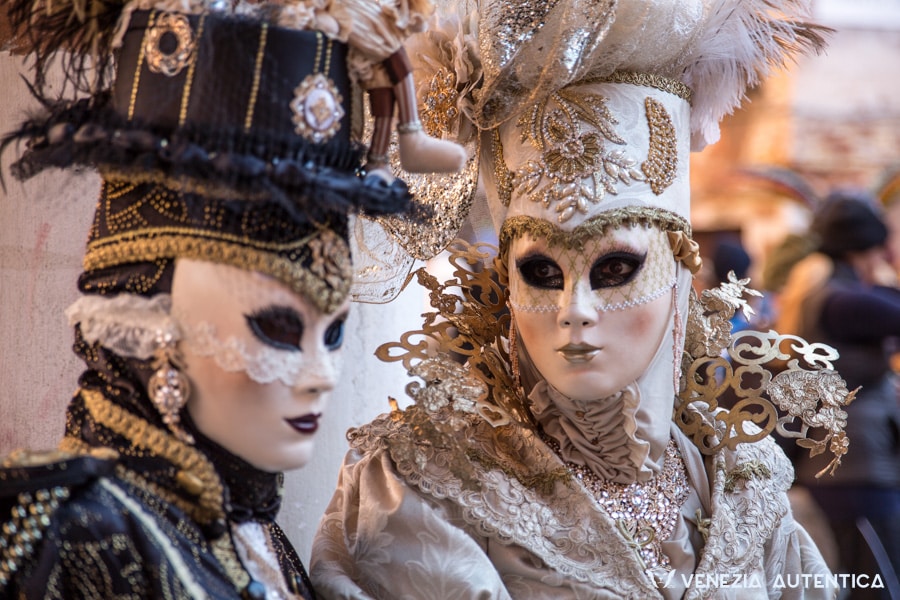
So, Carnival is a Christian tradition, right?
Although the connection between Carnival and the period of Lent makes it easy to believe that Carnival is a celebration of Christian origins, nothing is less sure.
On the contrary, certain scholars think that the origin of Carnival could be linked to pre-Christian religions dating back to Ancient Rome or Greece when people celebrated the end of the Winter and the return of the fertile season of Spring.
It is believed that the time of Carnevale had an important function for the community: it would be a feast during which all the leftovers of meat “carne” would be finished before they rot.
Carnevale, therefore, was the last opportunity for everybody to eat well and enough before a time of privation preceding the return of the fertile season.
Later in history, the Church decided to take ownership of this celebration rather than suppressing it, just like it had with Christmas, originally a pagan celebration.
Nevertheless, something everybody agrees on is that Carnival is a time of suspension of norms, a time of excess, and there are no doubts about the fact that this is something for which, later on, Venice would make itself famous for.
The history of Venice Carnival is better explained looking at its highlights and their own distinctive history
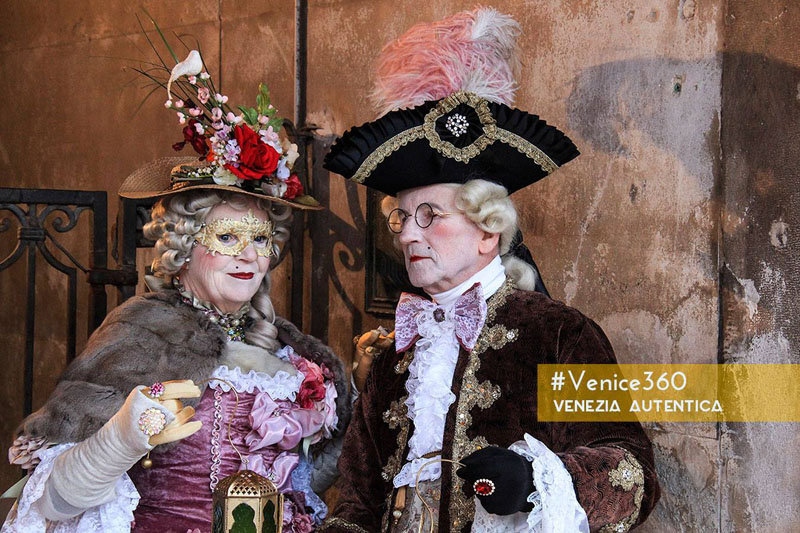
To understand the celebrations in Venice, it’s worth looking at Carnival not as one single festival but rather a succession of overlapping events and celebrations, adding up with time, and having all their own history and origins.
Carnevale was found mentioned for the first time in the documents of a Doge – Doge Vitale Faliero in 1092, as a form of public entertainment. It was only in 1296 that an official document from the Senate of the Serenissima declared the Carnival of Venice a public festival, and made the day before Lent, Fat Tuesday, a holiday.
At that time and for many centuries, Carnevale was lasting for the 6 weeks between the 25th of December and Ash Wednesday, the first day of Lent. During this period, the leftovers of rich food would have to be finished and the last day to do so would be the above mentioned Fat Tuesday.
Besides Fat Tuesday, another highlight of the Venetian carnival is ‘Giovedi Grasso’, Fat Thursday. It’s believed that in Venice, this day, was dedicated to the memory of the victory, in 1162, of Doge Vitale Michiel II over the Patriarch of Aquileia, who had conquered Grado, in a move clearly aiming at bringing Venice under German subjugation. Venice’s Doge who reacted strongly, sent a fleet to Grado which he surrounded and captured.
The Patriarch, 12 rebel landlords, seven hundred soldiers, and his cannons were taken to Venice. On demand of the Pope, who wanted to reestablish peace, the men were released and the cannons returned, in exchange of an annual tribute: every year, Aquileia would have to send a bull, twelve pigs and 12 loaves of bread to Venice.
The animals, representing the Patriarch and the 12 rebel lords, would be received as war prisoners and in Saint Mark’s square, in a public ceremony commemorating the victory. The ceremony would end with the animals being slaughtered and shared with the population, on the day of fat Thursday, the last Thursday before Lent.
This tradition, as well as the one of fat Tuesday, persisted as a part of the Venetian Carnival, for centuries to come.
Wild parties and the anonymity of masks and costumes made Venice Carnival the perfect outlet for the Venetian population
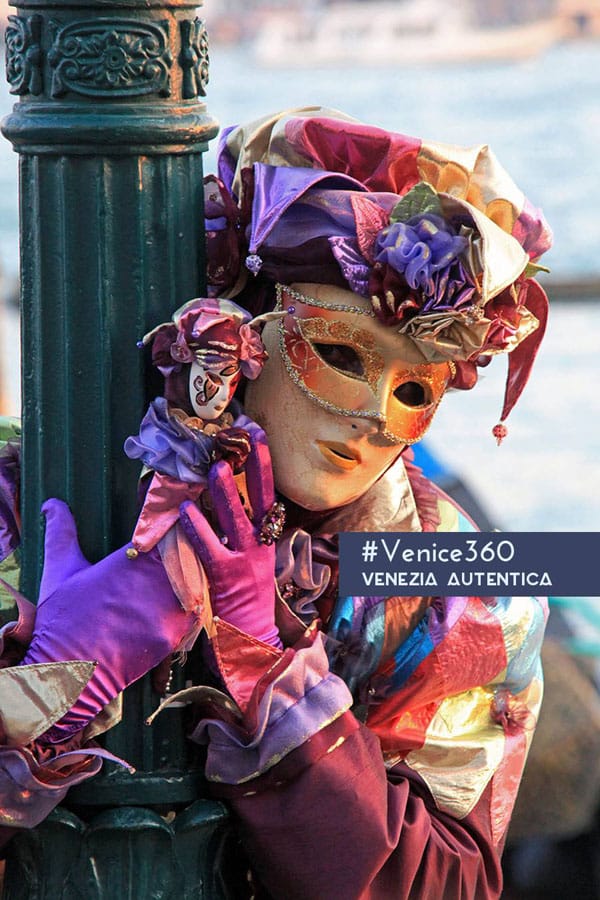
We explained above that the Venetian festival was found mentioned for the first time in documents dating back to the XIth century. Property of the Doge of that time, the documents speak of Carnevale as a form of public entertainment.
Indeed, the festival in Venice is thought to be born from the need of the Republic, to give to the population, and especially its most modest members,
a controlled period of time dedicated entirely to entertainment, fun, and parties.
This type of practice, already common in the ancient Rome, was characterized by an abundance of musical parties and frenetic balls all around the city of Venice, where both citizens and foreigners would meet, mix and celebrate, forgetting about business, politics and everything else.
The participants would wear masks and costumes, creating a climate of anonymity ideal to remove social disparities and facilitate the public criticism and parody of the authorities and aristocracy, as it was allowed – only – during the time of Carnival. More than allowed, such behaviors were actually largely tolerated and even encouraged for being the perfect opportunity to see tensions and discontentments vanish. Indeed, in a Republic setting strict rules enforcing the public order and cultural values, this release of tensions was quite healthful.
I'm visiting Venice. Why should I follow your recommendations?
The way you visit Venice has an impact both on the quality of your experience and on Venice itself. Chilling, exploring, shopping, eating and drinking where the locals do, can make a huge impact both on the memories you bring home and on the local economy and community.
Home >> Venice and Venetians >> Venice Explained >> You’re Here
Facts, Curiosities, History of Venice, Italy
More about life in Venice, Italy

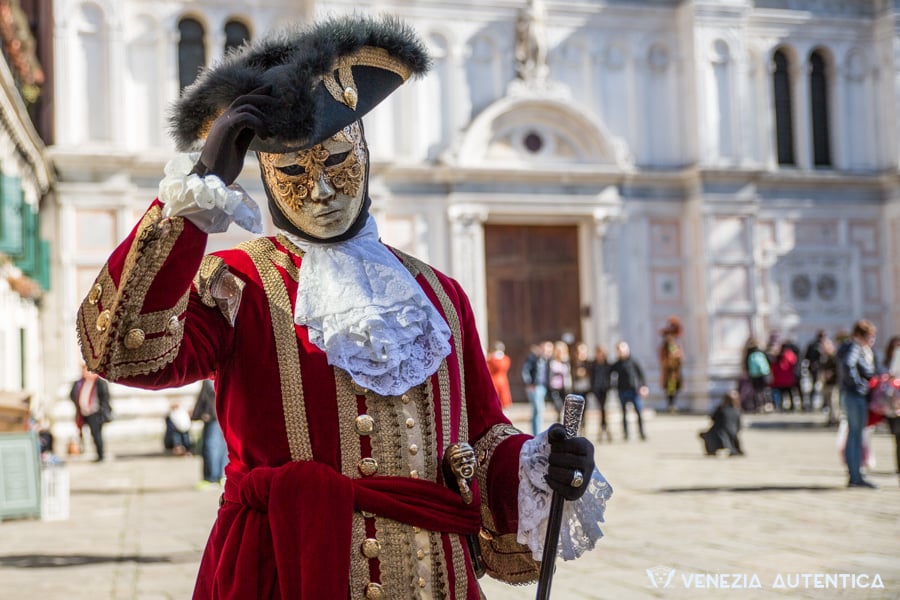
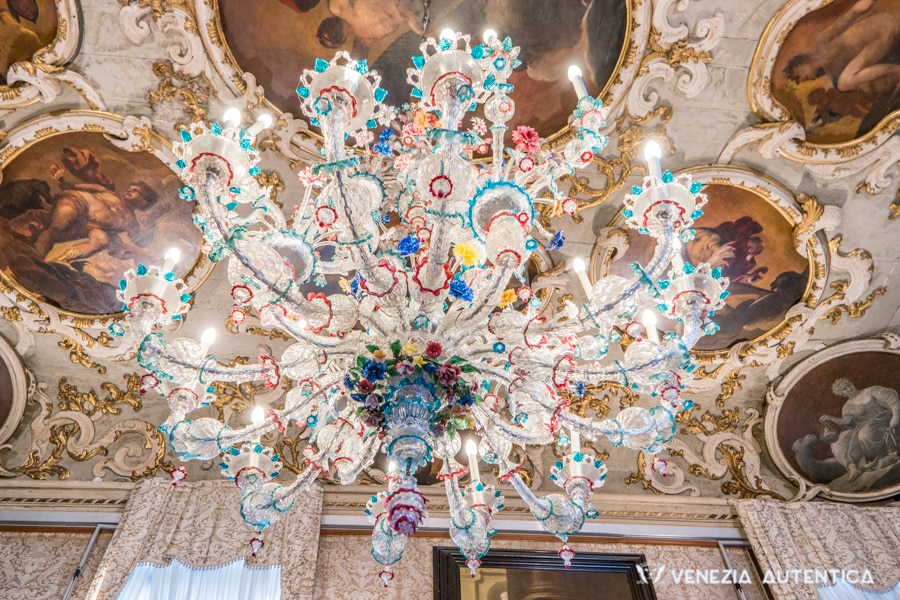
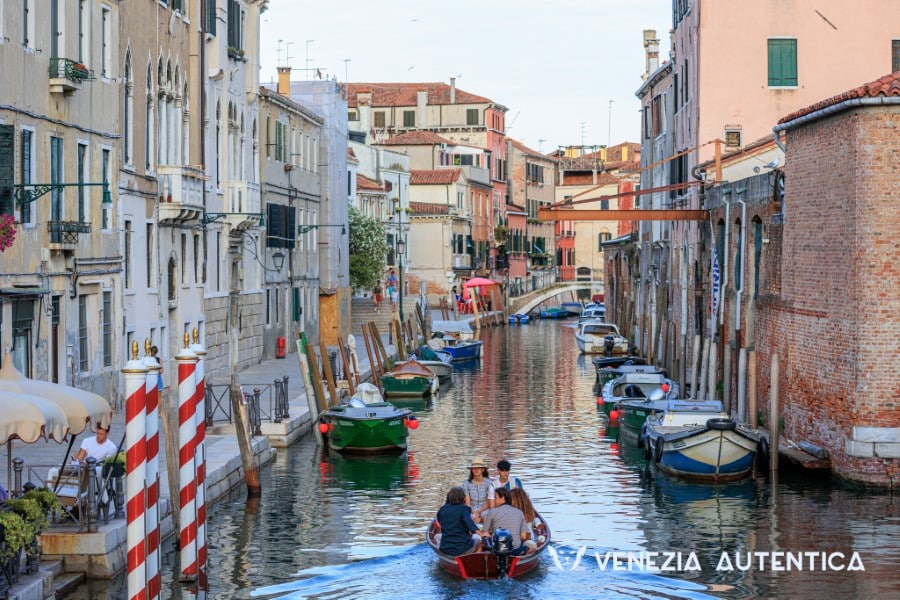
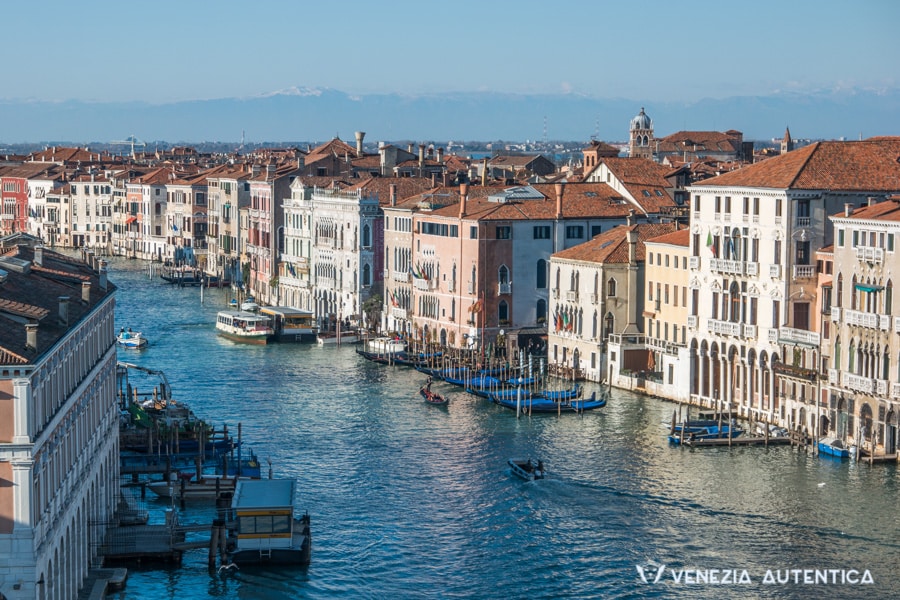
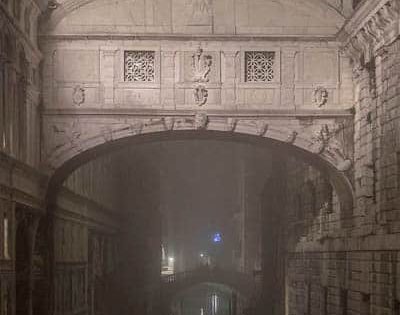
![Stunning masks and costumes of the Venice Carnival, the most famous Carnival in the world [200+ Photos] - Venezia Autentica | Discover and Support the Authentic Venice venetian carnival costum and volto mask in venice](https://veneziaautentica.com/wp-content/uploads/2022/01/venice-mask-volto-560x315.jpg)
